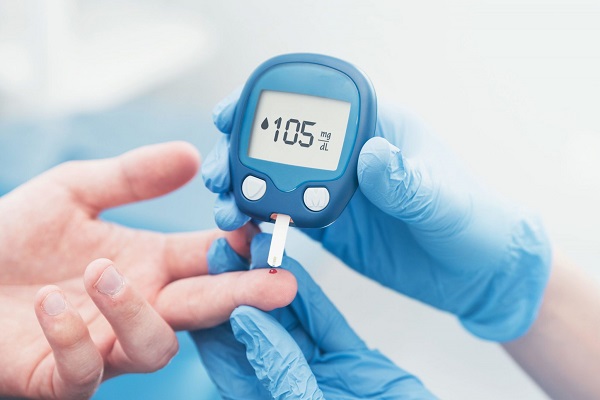
A public health professional/community dentist and lecturer at the University College Hospital in Ibadan, Nigeria, Dr. Francis Fagbule, has identified a lack of awareness about diabetes as a significant challenge in the country.
In a chat monitored in Ibadan by Science Nigeria, he explained that many Nigerians with diabetes are unaware of their condition, preventing them from accessing the care and treatment they need.
Diabetes is a chronic condition that requires ongoing management and can lead to serious health complications if not properly treated.
Fagbule highlighted several challenges facing diabetic patients in Nigeria, including the high cost of medication and other supplies needed to manage the condition. Monthly costs can range from ₦2,000 to ₦30,000 or more, depending on factors such as severity and treatment plan. Additionally, there is a shortage of healthcare providers and facilities in the country, making it difficult for patients to access care. Cultural beliefs surrounding diabetes and the traditional Nigerian diet, which is high in carbohydrates and sugar, also present barriers to effective management.
“Overall,” he said “the high cost of diabetes treatment in Nigeria can have serious consequences for individuals who cannot afford it. This highlights the urgent need for more affordable and accessible diabetes care in the country”.
Fagbule warned that untreated or poorly managed diabetes can lead to a range of health problems, including vision loss, nerve damage, kidney disease, cardiovascular disease, and amputations. The high cost of treatment can have serious consequences for those who cannot afford it, and the government must take steps to make diabetes care more affordable and accessible. Suggestions included expanding health insurance coverage, subsidising the cost of medication, promoting healthy lifestyles, and addressing social determinants of health.
“The government can take several steps to help reduce the cost of drugs and treatment for diabetic patients. They need to expand the current health insurance to cover everyone, including those in private and public establishments, as well as those in the informal sector. The government should also ensure that all necessary services to diagnose and care for diabetic patients are covered in the insurance package,” he advised.
In conclusion, he emphasised the urgent need for more affordable and accessible diabetes care in Nigeria.

